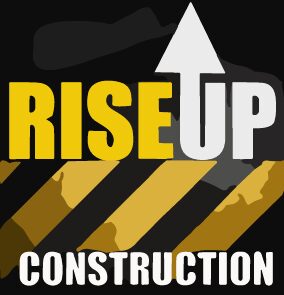Industrial construction involves the planning, design, and construction of facilities that support industrial operations. These facilities are typically used for manufacturing, processing, warehousing, and other industrial activities. Industrial construction projects can vary widely in size and complexity, ranging from small factories to large-scale industrial complexes. Here are key aspects and considerations related to industrial construction:
- Site Selection:
- Choosing the right location for an industrial facility is crucial. Factors such as proximity to transportation routes, availability of utilities, and zoning regulations need to be considered during site selection.
- Feasibility Studies:
- Conducting feasibility studies helps assess the viability of the industrial project. This includes analyzing costs, potential returns on investment, and identifying any challenges or risks.
- Regulatory Compliance:
- Industrial construction projects must comply with various regulations, including building codes, environmental standards, and safety requirements. Obtaining necessary permits and approvals from regulatory authorities is a critical part of the process.
- Design and Engineering:
- Collaborate with architects and engineers to design the industrial facility. This includes planning the layout, determining the necessary infrastructure, and ensuring the facility meets industry standards and requirements.
- Construction Management:
- Construction managers oversee the implementation of the construction project. They coordinate various activities, manage subcontractors, and ensure that the project stays on schedule and within budget.
- Specialized Systems:
- Industrial facilities often require specialized systems, such as heavy-duty machinery, ventilation systems, and safety features. Integrating these systems into the design and construction is essential for the facility’s functionality and efficiency.
- Utilities and Infrastructure:
- Ensure that the industrial facility has access to essential utilities, including water, electricity, and waste management. Infrastructure considerations also involve road access, parking facilities, and other site-specific needs.
- Material Handling and Storage:
- Designing effective material handling and storage systems is crucial for industrial facilities. This includes warehouse design, loading docks, and logistics planning.
- Safety Measures:
- Implementing robust safety measures is a priority in industrial construction. This includes creating a safe working environment for construction workers and incorporating safety features into the design of the facility.
- Quality Control:
- Industrial construction projects undergo rigorous quality control processes to ensure that the finished facility meets industry standards and specifications.
- Technology Integration:
- Embrace technological advancements relevant to industrial construction, such as automation, robotics, and Industry 4.0 concepts. These technologies can enhance efficiency and productivity.
- Environmental Considerations:
- Address environmental considerations by implementing sustainable practices, waste management systems, and energy-efficient solutions. This is increasingly important in modern industrial construction.
Industrial construction projects demand a multidisciplinary approach and collaboration between various professionals, including architects, engineers, construction managers, and specialists in industrial processes. Effective project management, attention to detail, and adherence to safety and environmental standards are critical for the success of industrial construction endeavors.
